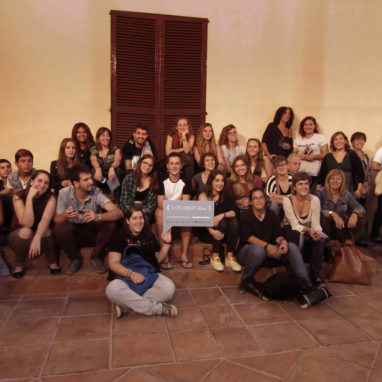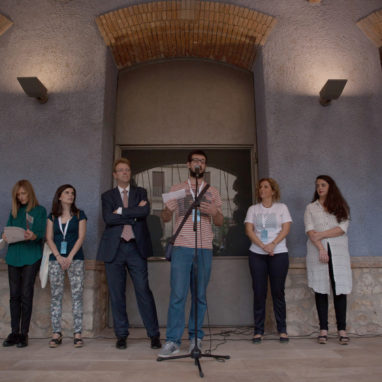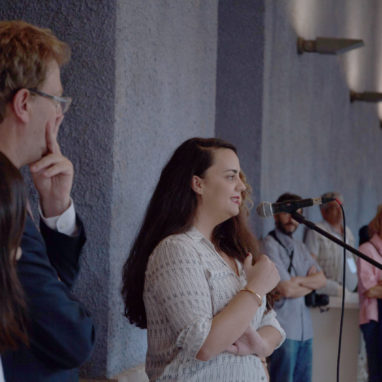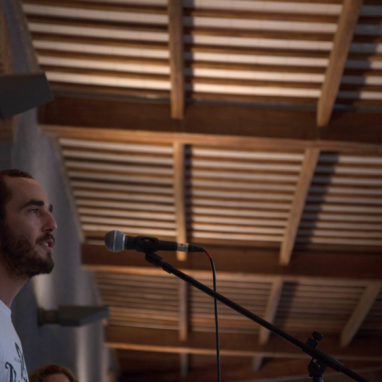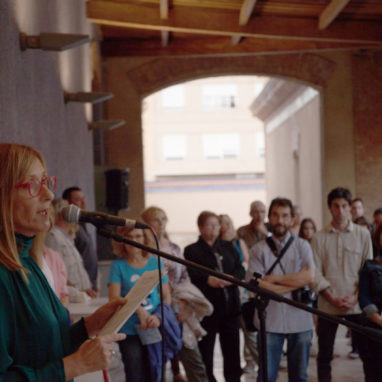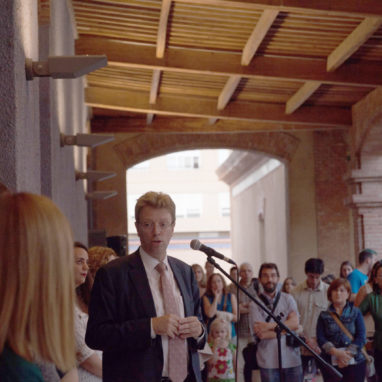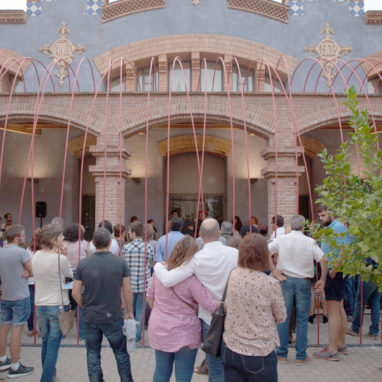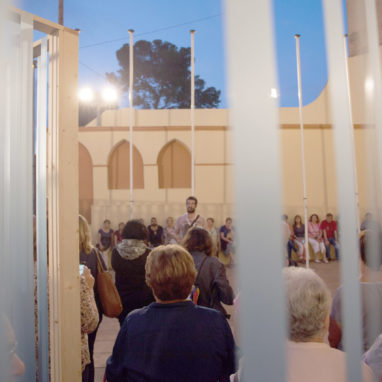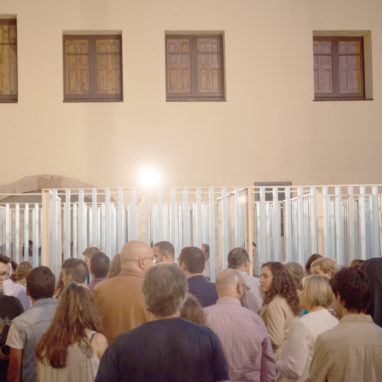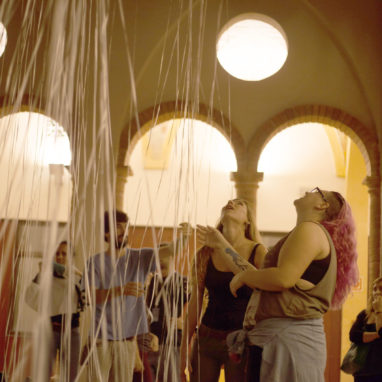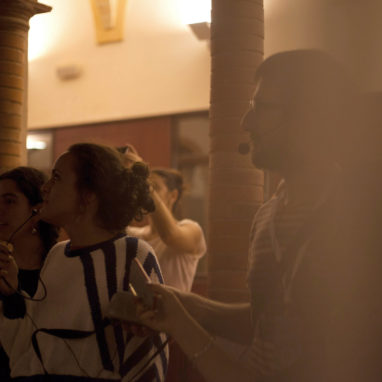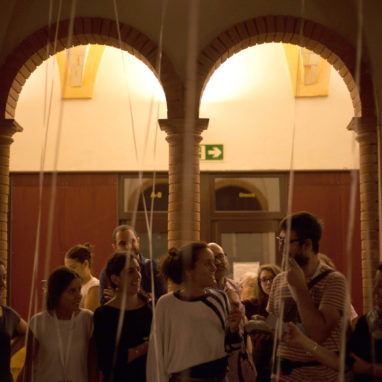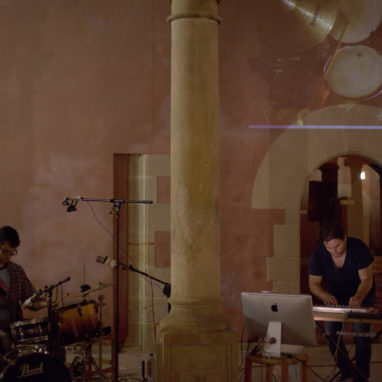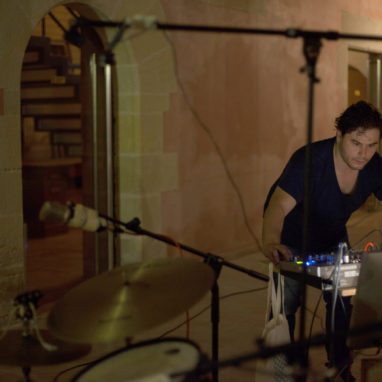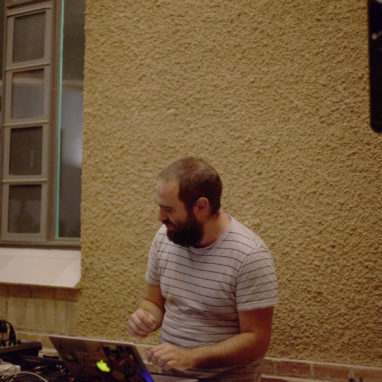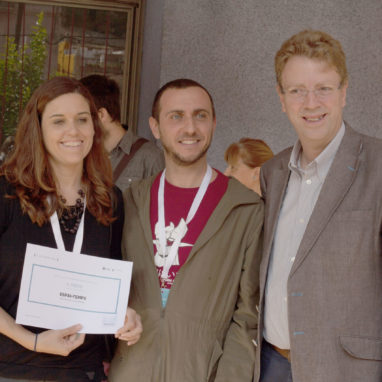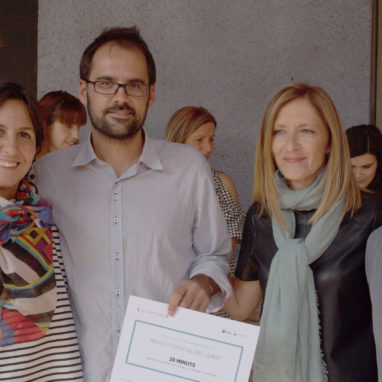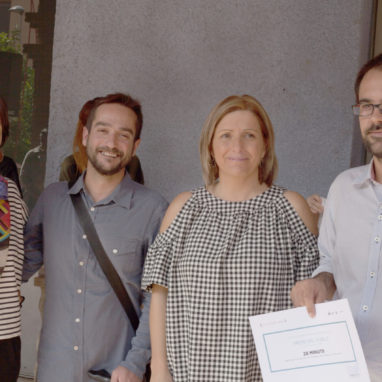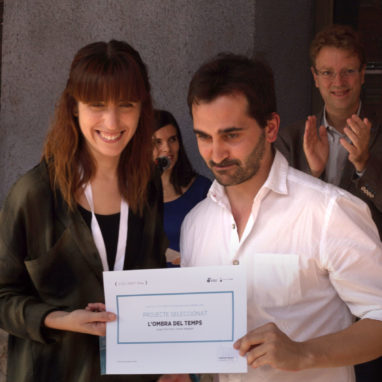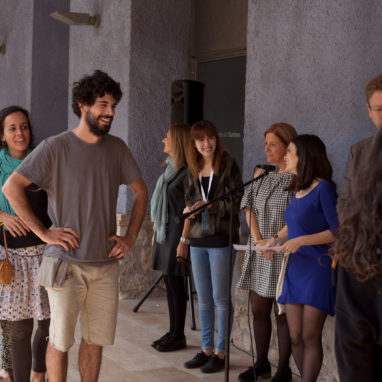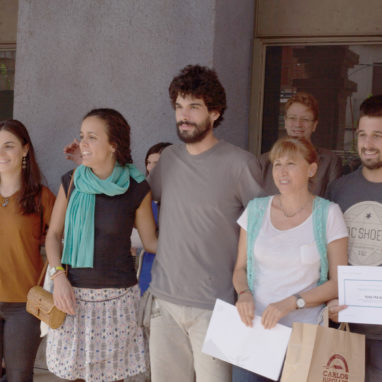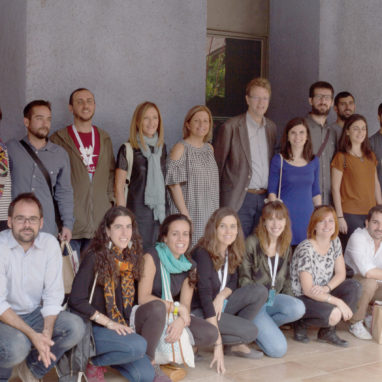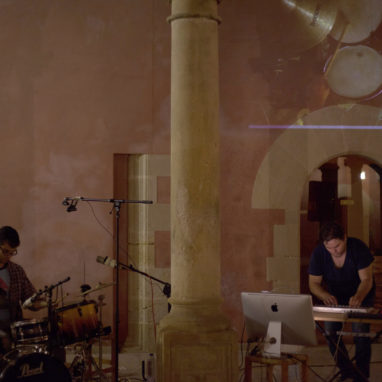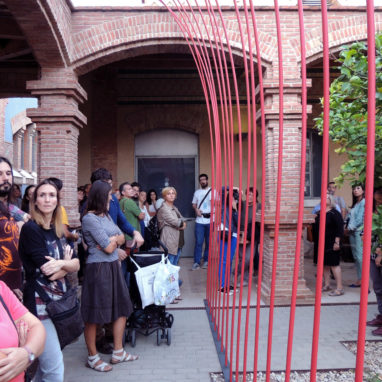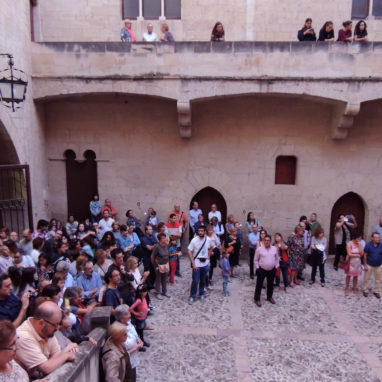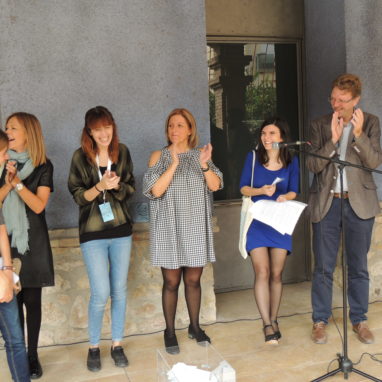The theme of the edition was: Time.
Time is a physical concept that everyone can experience in their daily lives but is, nevertheless, very difficult to define accurately and completely. It is easy to see that there are chains of events that happen consecutively, but it is also easy to lose track of time at certain moments in our lives. In these cases, the chronological order seems to break down, this may be due to love, boredom or suffering and we call it upheaval.
Human beings, according to the philosopher Martin Heidegger, are focused creatures constantly bearing in mind their temporality and this means being held to account for their present, a time not closed, sensing their own finitude and remaining open to the possibilities of their existence. This characteristic, in connection with their conscience, differentiates them from other living beings and projects them towards a philosophical spirituality due to their awareness of their own mortality.
Albert Einstein also spoke about Time. His theory, though complicated to fully comprehend, would outline a break from hitherto known physics. Time, he tells us, is relative, it does not pass in a homogeneous and absolute way but depends on the state of motion of the observer. At greater speeds, time slows down. Difficult to understand as it comes with a high poetic and artistic charge.
If needs be we can also refer to psychology because time does not pass as fast when you are kissing the person you love as when you’re waiting for a train that seems to be half an hour late.
[1237; from lat. tĕmpus, -ŏris, íd.]
2 [PHILO/PYSCH] Generic concept to which one always refers, when referring to events, processes and the succession of things and the very duration of what is real, by virtue of the awareness of one’s own permanence and the difference one experiences between what is and what has already been (object of memory).
3 [PHYS/ASTR] Real (non-negative) parameter that constitutes one of the four coordinates of the space-time continuum that allows us to locate a material point, individualising it, in a succession of events observed from the same reference system.
7 [TECHNO] A space of time that elapses between two or more moments of an operation or between the inaction and operation of a mechanism, device, etc.
9 [METEO] State of the atmosphere at a given place and time.
10 [RELIGION] Dimension of existence, belonging to man, as opposed to eternity, which is characteristic of deified gods and men.
Source: Enciclopèdia Catalana, Diccionari.cat







